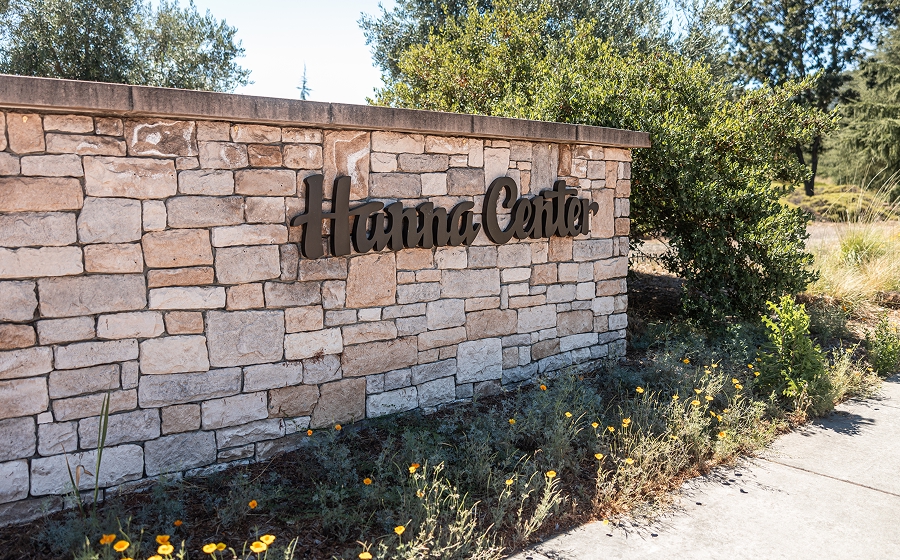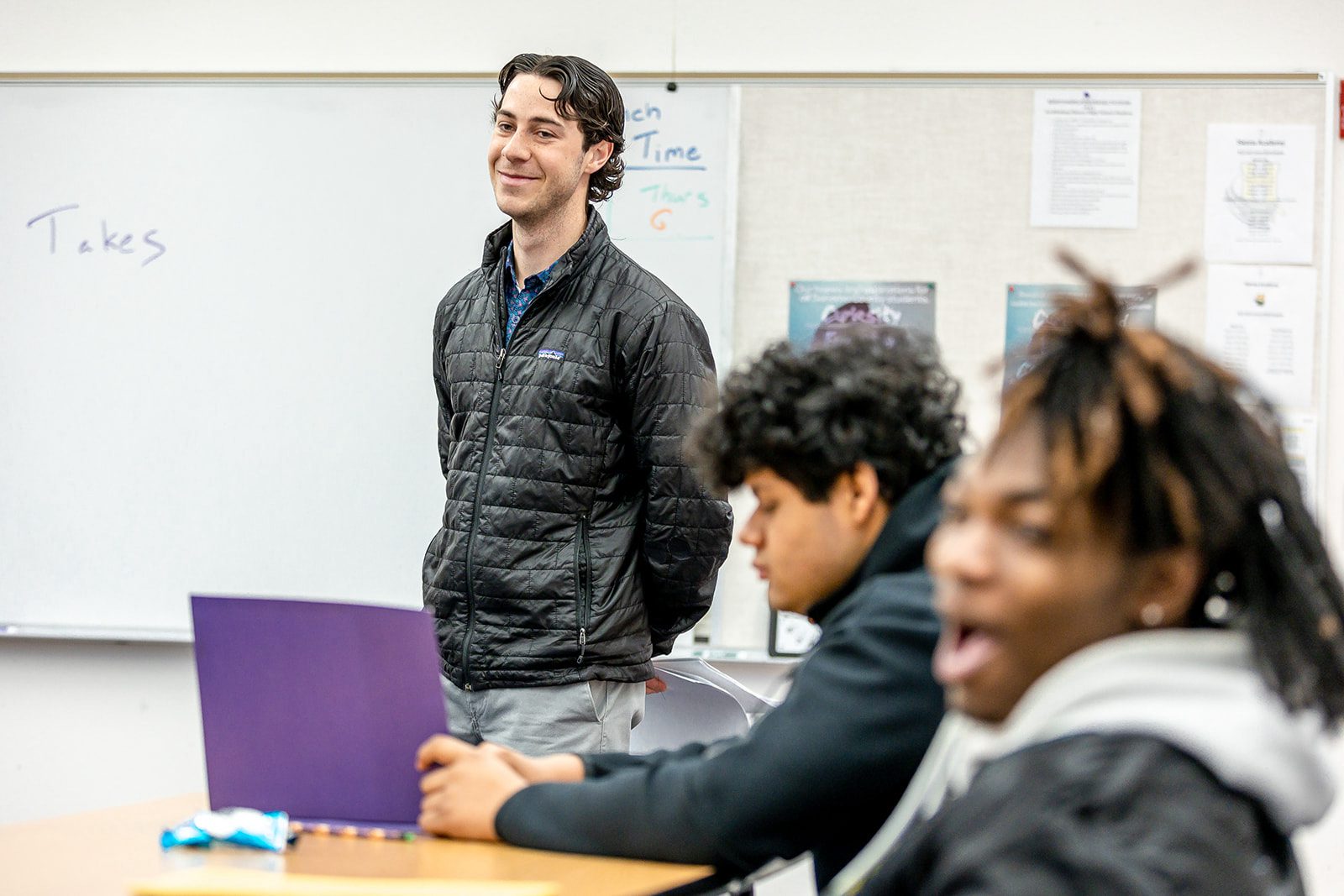Even during Mental Health Awareness month, it can be hard to raise your hand and ask for help.
And that’s not surprising. Despite all the progress we’ve seen in making room for people to seek help, mental health issues still carry an unwarranted stigma — preventing people from seeking the support they need.
Understanding Mental Health Stigma
By stigma, we mean the negative beliefs, stereotypes, and attitudes surrounding mental illness. The collective prejudices surrounding us can discourage people from seeking help and openly discussing their mental health concerns — everything from societal judgment, discrimination, and misconceptions to structural obstacles like lack of counselors in a community or lack of insurance coverage for mental illness.
Barriers to Seeking Support Include:
- Lack of Awareness: One of the most significant barriers to addressing mental health concerns is the lack of awareness. Many young families may not even realize that what they are experiencing is related to mental health. Raising awareness about common mental health issues is crucial in helping individuals identify the symptoms and seek appropriate support.
- Fear of Judgment: Fear of judgment and social stigma often prevent individuals from sharing their struggles openly. Young families may worry about being seen as weak or incapable of managing their responsibilities. However, it is important to remember that mental health issues are common and seeking help is a sign of strength.
- Limited Access to Resources: Another barrier is the limited access to mental health resources, especially in underserved communities. Young people and families may face financial constraints or live in areas with inadequate mental health services. It’s crucial to advocate for accessible and affordable mental health services to ensure that everyone can access the support they need.
- Structural Limitations: While health insurance companies may offer some coverage of mental health treatment, the network and options are often severely limited. In addition, local communities can struggle to provide the infrastructure needed to help people access mental health support — from inadequate referral programs to ill-equipped case workers.
How to Break Through the Barriers
- Education and Awareness: Together, we can break the stigma by educating ourselves and others about mental health. Encourage open conversations within your family and community to foster understanding and empathy. Share reliable resources, books, and documentaries to raise awareness about mental health issues.
- Ask for Help: If you or a loved one is struggling with mental health, remember that you are not alone. Reach out to healthcare professionals, therapists, or support groups specializing in family mental health. Seeking support can provide valuable guidance, coping strategies, and a safe space to share your experiences.
- Lead by Example: If you’re a parent, guardian, teacher, or mentor, you play a huge role in children’s attitudes and beliefs. By openly discussing mental health and prioritizing self-care, you set a positive example. Encourage kids to express their emotions and seek help when needed, fostering a culture of compassion and understanding.
- Get Involved: Get involved in community initiatives aimed at reducing mental health stigma. Support local organizations like Hanna Center that promote mental health awareness and advocate for improved access to mental health services. Participate in events, workshops, or fundraisers that address mental health concerns for young families.
Confronting mental health stigma and breaking down the barriers is essential for our well-being, as individuals, and as communities.
By raising awareness, seeking support, and engaging in community, we can create a more inclusive and supportive environment for mental health. The Community Mental Health Hub at Hanna, opening June 1, is a great place to start if you’re in the Sonoma area.
And remember, addressing mental health concerns is a courageous step toward a healthier, happier life for you and your family. Together, we can overcome the stigma and build a brighter future for youth and families.



